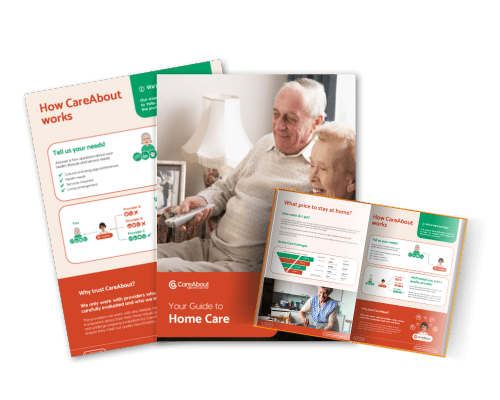 Why do we need this? So we can get in touch and help find you nursing homes for your needs.
Why do we need this? So we can get in touch and help find you nursing homes for your needs. Can I get a government subsidy for in-home aged care in Hobart?
Yes! You may be eligible for a Home Care Package, which can help cover the cost of your care. Our experts can help you navigate the process and determine your eligibility for funding.




